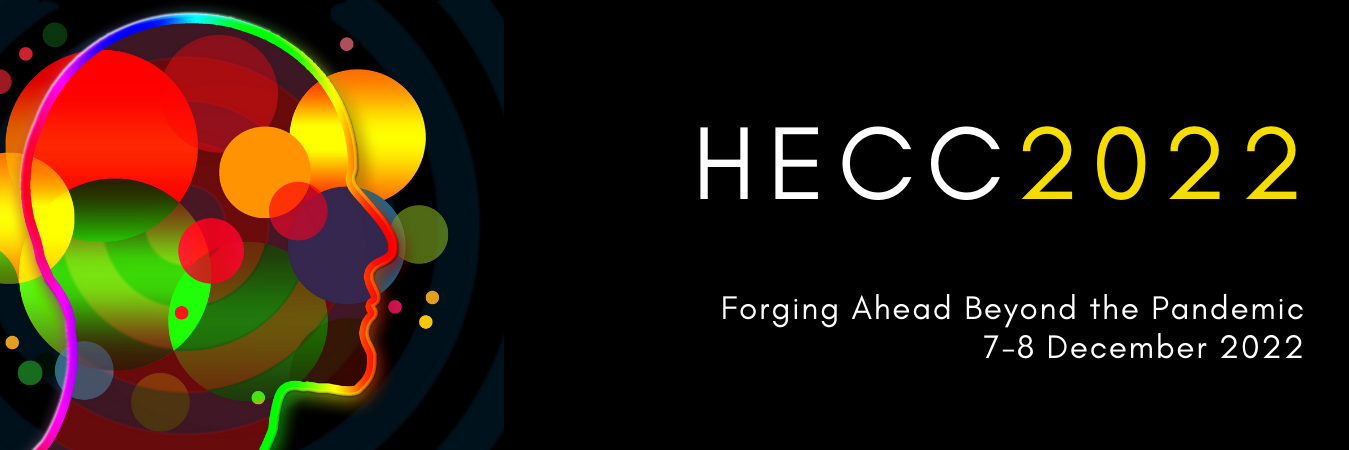"Higher education change and blended design and delivery: New technology, new pedagogies" - Over the past two decades, pressure to change higher education became part of a global agenda with virtually every jurisdiction or region articulating a new plan. The COVID-19 pandemic emerged in this evolving transition. The required emergency online education, where speed and safety were more important than student and program differences, to make it possible to prepare all students to learn, through all avenues of online, in-person, or a blend of both. This pandemic experience with technology-enabled, remote teaching has opened the door for discussion beyond this attenuated adoption of remote learning. Dr. Cleveland-Innes will share about the history, opportunities, and the possible challenges for implementing online and blended learning. She will share with us how the affordances of blended learning can enable future possibilities in higher education.
Professor Martha Cleveland-Innes is a Professor of Open, Digital, and Distance Education at Athabasca University. She is the Editor-in-Chief of the bilingual Canadian Journal of Learning and Technology and the author of The Guide to Blended Learning. Martha is the instructor, co-designer, and researcher for the open online courses Blended Learning Practice and Leading Change for Teaching and Learning in a Digital World. The 2nd edition of Introduction to Distance Education: Teaching and Learning in a New Era, which she co-edited, was released by Taylor & Francis in 2021. She has an upcoming book she co-edited: The Design of Digital Learning Environments: Online and Blended Applications of the Community of Inquiry. She has held major research grants supporting research on the digital technology-enabled student experience. In 2019 Martha received an Honorary Doctorate from Mid-Sweden University and the Leadership Award from the Canadian Network for Innovation in Education. Her research interest areas include 1) online and blended learning, 2) communities of inquiry, 3) higher education reform and lifelong learning, and 4) leadership in digital education. Martha is currently Visiting Professor of Pedagogy at Mid-Sweden University and the Virtual Educator-in-Residence Scholar, National University of Singapore, Fall 2022.





